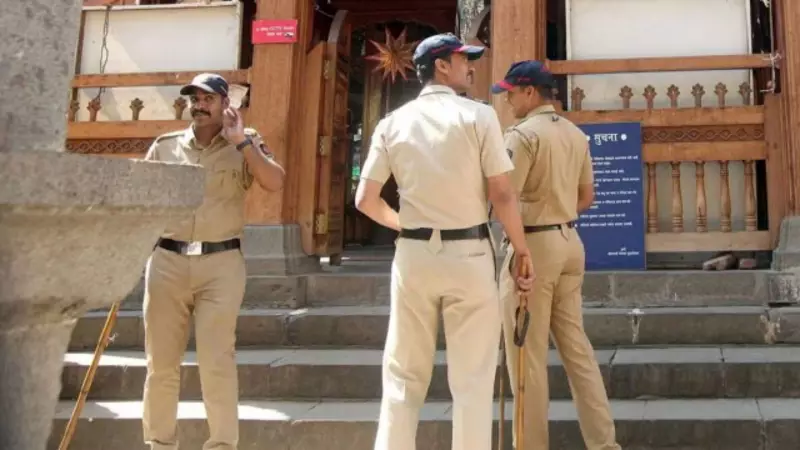
A disturbing case from Pune has exposed the dark underbelly of online gaming addiction, where a 16-year-old boy became the victim of a sophisticated cyber extortion racket that cost his family gold jewellery worth approximately ₹1.5 lakh.
The Virtual Trap
The teenager, whose identity remains protected, fell prey to cyber criminals who exploited his addiction to online gaming. The perpetrators threatened to permanently delete his gaming account unless he paid a hefty ransom. Fearing the loss of his virtual progress and achievements, the minor made the desperate decision to comply with their demands.
The Gold Heist
In a shocking turn of events, the boy didn't use cash or digital payments to meet the criminals' demands. Instead, he secretly took gold jewellery from his family's possessions and handed it over to the extortionists. The stolen items included valuable family heirlooms and ornaments with significant emotional and financial value.
Police Investigation Reveals Pattern
Pune police have registered a case under relevant sections of the Indian Penal Code and the Information Technology Act. Preliminary investigations suggest this isn't an isolated incident. Law enforcement officials have observed a worrying trend where cyber criminals specifically target young, vulnerable gamers who have developed strong emotional attachments to their online identities and achievements.
Gaming Addiction: The Silent Epidemic
This case highlights the growing concern about online gaming addiction among Indian youth. Mental health professionals note that excessive gaming can lead to:
- Impaired judgment and decision-making capabilities
- Emotional dependency on virtual achievements
- Financial vulnerability to cyber threats
- Strained family relationships due to secretive behavior
Protecting Young Gamers
Cyber security experts recommend several measures to prevent similar incidents:
- Enable parental controls and monitoring on gaming devices
- Educate children about online safety and cyber threats
- Maintain open communication about gaming habits
- Set reasonable time limits for online gaming
- Use two-factor authentication for gaming accounts
The Pune case serves as a stark warning to parents and guardians about the very real dangers lurking in the virtual world. As online gaming continues to grow in popularity, awareness and preventive measures become crucial in protecting young users from sophisticated cyber crimes.





